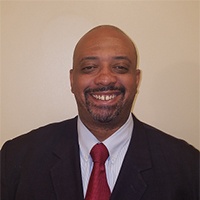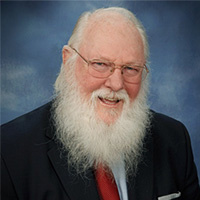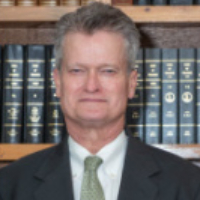Wake Juvenile Law Lawyer, Virginia
Sponsored Law Firm
-
 x
x

Click For More Info:
-
Price Benowitz LLP
409 7Th St Nw Suite 200 Washington, DC 20004» view mapCriminal Law Working Relentlessly For You
Our firm was built on the understanding that comprehensive representation does not begin and end in the courtroom.
202-600-9400
Not enough matches for Wake Juvenile Law lawyer.
Below are all Wake Criminal lawyers.
Paul Freeman
✓ VERIFIEDLawyer Paul Freeman earned his Bachelor of Science degree at Norfolk State University and his master’s degree at the same university. Following his ... (more)
Michael Carl Tillotson
✓ VERIFIEDI strongly believe that if you are accused of a DUI/DWI, you deserve the best representation possible. This includes having an attorney who knows ever... (more)
Jeffrey Cantwell Martin
✓ VERIFIEDMr. Martin received his undergraduate degree from Towson University, where he graduated summa cum laude with a host of scholarships and awards. While ... (more)
Wayne Holcomb
✓ VERIFIEDWelcome to Holcomb Law. Right now, what you need is information, right? Even before you hire us, we are committed to getting you free information to h... (more)
Terrence K. Martin
✓ VERIFIEDI am attorney Terrence K. martin of the Law Office of Terry Martin and Associates. I know that my clients come to me in times of real need, and I am c... (more)
Stephen Foster Forbes
✓ VERIFIEDAttorney Stephen F. Forbes has been practicing law in Hampton Roads since 1982. As the owner and primary litigator of Forbes Law Firm, he represents s... (more)
 Seth Price Washington, DC
Seth Price Washington, DC AboutPrice Benowitz LLP
AboutPrice Benowitz LLP Practice AreasExpertise
Practice AreasExpertise






